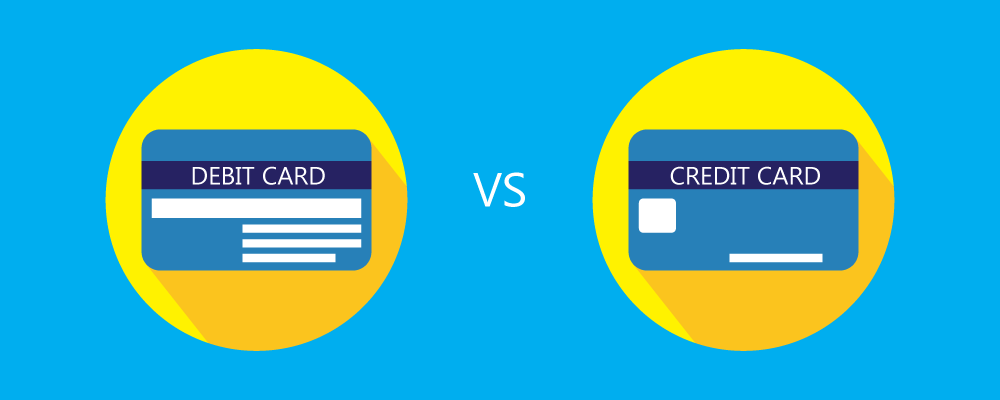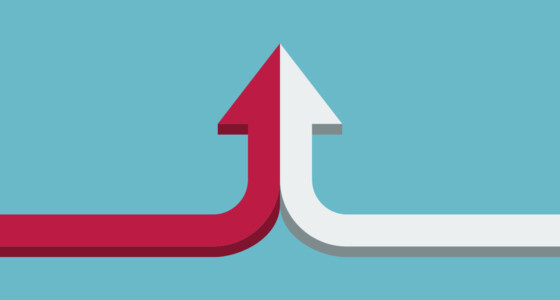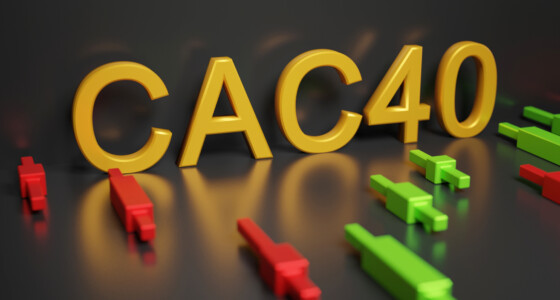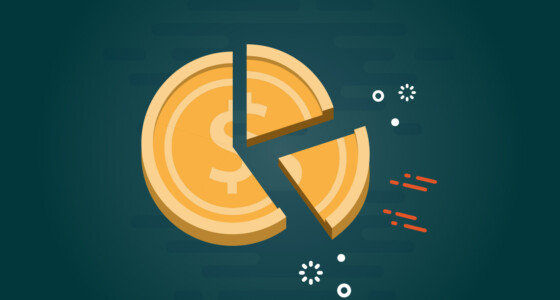

Debit and credit cards are the two most commonly used payment cards worldwide. However, there are differences between them, although they work in a similar fashion.
What is credit card and debit card?
To understand the difference between credit and debit cards, you must first know what debit/credit is. Simply put, debit means to take away a certain amount of funds from the bank account. In contrast, credit means depositing a certain amount to an account. Both of these cards are developed using their respective principles.
Debit cards
For anyone who wishes to stick to a spending plan or cannot control their expenditures, a debit card connected to a savings account is an excellent alternative to a credit card. Although it has a similar appearance to a credit card, that is about where the similarities end. A typical example of a debit card is the MasterCard or Visa.
Debit cards are issued by banks to their customers as a convenience to enable them to access money without requiring them to write a physical check or withdraw cash. They can be used anywhere that accepts credit cards and is connected to a savings (or checking) account. You can use debit cards to conduct ordinary financial transactions, obtain cash withdrawals from ATMs, and make in-person and online purchases from merchants.
The bank sets a restriction on the expenditure whenever you use the card. The money is instantly debited from your account or kept by the bank for 24 hours, based on the transaction price (and your bank’s policy). It could take longer if it is a weekend, a vacation, or maybe the account has some special flags.
Adopting a distinctive personal identification number is necessary for debit cards (PINs). You might be prompted for your PIN or to verify the transaction, similar to how you would use a credit card to withdraw cash or make a purchase. Contingent on the system or bank, relatively new cards featuring chip technology might not even need additional steps to make purchases.
Credit cards
Credit cards can be used to make cash withdrawals and purchases in physical locations or online. Users must apply for and be approved for a credit card, as opposed to a debit card, which is automatically issued to anyone with a bank account. Financial organizations evaluate a person’s credibility and, if accepted, give the cardholder a particular credit limit. A person’s credit limit increases as their credibility improves.
Most credit card providers give consumers thirty days to pay their entire bill in full before adding interest. In some circumstances, like cash advances, interest accumulates immediately. Credit card interest is typically high, which can be explained by interest rates being a significant source of business revenue. Savvy customers pay down their entire bill before the subsequent due date to avoid paying interest.
You can accrue points and incentives with several credit cards. You can benefit from using the card sensibly and building and maintaining a great credit score. With an increasing number of financial products that enable efficient payment mechanisms, users are further incentivized to make their payments in full and on-time to benefit from the reward system. The rewards could range anywhere from a small gift to free hotel bookings even.

How to distinguish between a debit and a credit card?
Let’s look at the main differences between a credit card and a debit card:
- When your bank account is empty, you cannot use a debit card (unless you apply for overdraft protection). However, you could utilize a credit card.
- If you use a debit card, money is instantly deducted from your checking account. When using a credit card, the bill is paid later.
- Bear in mind how credit cards can aid in developing creditworthiness. Still, if you don’t utilize them responsibly, they might harm it. However, using a debit card won’t affect your credit score.
- It can be more complex and time-consuming to obtain the money back if anybody steals a debit card and withdraws money from the account than if they stole your credit card. You are only partially liable in that situation and could declare the card stolen.
Simply said, a debit card can be used in place of checks or actual currency. If you are paying through a debit card, you are spending your own money; however, if you use a credit card, your card issuer is lending you money.
Note! Whether it is your credit card or debit card, you must notify your bank or the credit card company instantly once it has been stolen.
Special considerations
If a debit card user opts to activate overdraft protection, the line separating debt and non-debt instruments gets fuzzier. In this instance, the bank will pay the overdraft anytime a person withdraws more money than is available in their account. The bank account owner is responsible for paying back the overdraft protection interest charges and the account balance owed.
Inconvenient events like failed checks or rejected debit transactions are intended to be avoided via overdraft protection. But there is a price for this defense. Banks impose interest on the use of the service because it is regarded as a short-term loan. Rates are pretty high, maybe much higher than those applied to credit cards. Therefore, a debit card connected to an overdraft-protected account could experience debt-like effects.

Credit card vs. Debit card Example
Here is a fictitious example demonstrating how credit and debit cards operate. Consider two clients who buy a $500 TV from a store. The first makes use of a credit card and the second of a debit card.
The first client makes a credit card purchase. The card’s issuer adds the purchase cost to the balance due on their card account when they swipe it. The consumer has until the date of their subsequent billing cycle to pay back the debt by making a partial or complete payment of the balance indicated on their statement.
The user of a debit card swipes their card. The bank immediately blocks the user’s account of $500, allocating this money for the purchase. It prevents the consumer from spending them on something else. Over the next couple of days, the store sends the transaction details to the bank, which electronically wires the funds owed to the store.
Debit card vs. Credit card FAQs
While we have covered the key differences between a debit card and a credit card, you will find answers to the most common user questions below.
What is the main difference between debit and credit cards?
The main difference between these cards is whether you want to pay now or later. When you use a debit card linked to your savings or checking account, money is taken out of your account within 24 hours. You can purchase items right now with a credit card, but you must settle the account when your bill is due every month.
Why are credit card numbers used?
Credit card numbers provide a unique way to identify your credit card account, authorize purchases or withdraw money.
What is the difference between ATM cards and debit cards?
First, it is important to understand whether the ATM card is debit or credit. Debit cards and ATM cards are two types of the same thing that some institutions issue. Both let you use an ATM to take money out of your savings or checking account. However, an ATM card cannot be used to purchase goods and services, vs. debit or credit cards.
How to know if my ATM card is a debit or credit card?
A real ATM card is neither a credit nor a debit card. It can only be used to conduct business through an ATM. Cash withdrawal is the most common use of an ATM, but the full-service machines at your bank can also be used to make deposits, transfer funds between accounts, payout loans, and more. A real ATM card cannot be used anywhere else.
Which is better, a credit card or a debit card?
Depending on the user, each card offers different uses and advantages. You might consider using a credit card for more significant expenditures, but only if you are confident in making on-time payments. Using your debit card to get cash is less expensive than getting a cash advance through your credit card. Cash payments prevent you from accruing debt, which can happen when using a credit card.
In both domestic and international emergencies, credit cards are helpful. Access to a line of credit could enable you to make an urgent payment without being concerned about the funds leaving your bank account. When traveling, most car rental agencies, resorts, and hotels only take credit cards on file.
It is sensible to be using your card correctly if you intend to establish a positive credit history. Similarly, if your card has a rewards program, you might wish to utilize it to accrue these advantages. Although some debit cards might provide benefits, most don’t, and the use of a debit card has no influence on the credit history that you build.
Is a credit card safer than a debit card?
Most of the time, sure. If your debit card is stolen, the money in your accounts is immediately accessible. You don’t lose funds from your savings or checking accounts if your credit card is stolen. When you register a payment card as stolen, banks will freeze your account, although if the credit card is lost, stolen, or even used by someone else, the damage will be worse.
Can a credit card be used as a debit card?
You can use your credit card at an ATM to withdraw a cash advance from your line of credit. However, be aware of the fees for getting what is essentially a short-term loan from your bank. If you need cash, it is wise to use a debit card.
The bottom line
Both cards can be helpful to customers, particularly those who carefully consider their purchases and make on-time payments on their debts. Despite similar working methods, credit and debit cards have specific differences. A credit card is linked to a line of credit that can be repaid later, giving you an additional opportunity to pay for your purchases. In contrast, a debit card accesses money from your bank account. Which card you use depends on the situation, so it’s best to have both.








